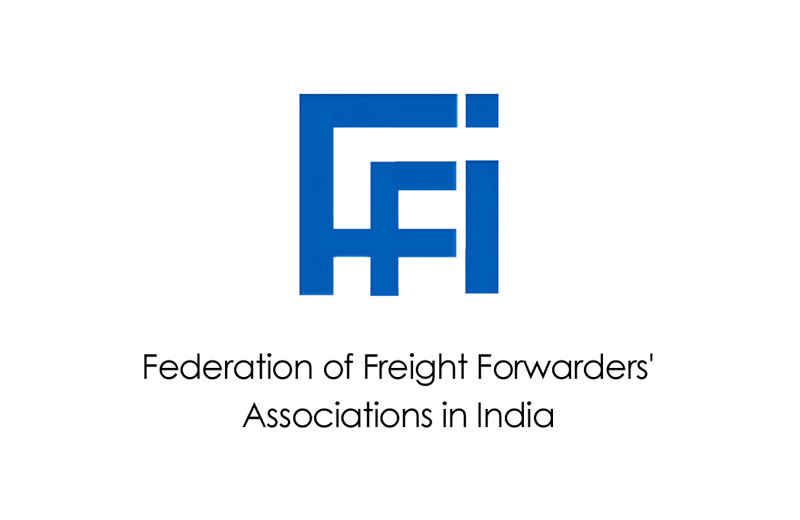[vc_row][vc_column][vc_column_text]
The Federation of Freight Forwarders’ Associations in India (FFFAI) has welcomed the Central Board of Excise and Customs (CBEC) Circular No.197/7/2016 on Service Tax, which was issued recently. The CBEC circular has clarified that a freight forwarder, when acting as a Principal, will not be liable to pay service tax when the destination of the goods is from a place in India to a place outside India. The department issued the circular based on the representation received from stakeholders/various trade bodies on transportation of goods outside India.
Commenting on the Circular Mr Samir Shah, Chairman, FFFAI said that the Circular has clarified the thinking of the Department on applicability of Service Tax on Freight. “The analysis laid down is based on liability which is the correct way to interpret any activity,” he clarified.
What the Circular Says
“It may be noted that in terms of rule 10 of the Place of Provision of Services Rules 2012, the place of provision of the service of transpiration of goods by air/sea, other than by mail or courier, is the destination of the goods. It follows that the place of provision of the service of transportation of goods by air/sea from a place in India to a place outside India, will be a place outside the taxable territory and hence not liable to service tax. The provisions of rule 9 of the POPS Rules 2012, should also be kept in mind wherein the place of provision of intermediary services is the location of the service provider. An Intermediary has been defined, inter alia, in rule 2(f) of the POPS Rules 2012, as one who arranges or facilitates the provision of a service or a supply of goods between two or more persons, but does not include a person who provides the main service or supplies the goods on his own account. The contents of the succeeding paragraphs flow from the application of these rules”
“The freight forwarders may deal with the exporters as an agent of an airline/carrier/ocean liner, as one who merely acts as a sort of booking agent with no responsibility for the actual transportation. It must be noted that in such cases the freight forwarder bears no liability with respect to transportation and any legal proceedings will have to be instituted by the exporters, against the airline/carrier/ocean liner. The freight forwarder merely charges the rate prescribed by the airline/carrier/ocean liner and cannot vary it unless authorized by them. In such cases the freight forwarder may be considered to be an intermediary under rule 2(f) read with rule 9 of POPS, since he is merely facilitating the provision of the service of transportation but not providing it on his own account. When the freight forwarder acts as an agent of an airline/carrier/ocean liner, the service of transportation is provided by the airline/carrier/ocean-liner and the freight forwarder is merely an agent and the service of actual transportation will not be liable for service tax under Rule 10 of POPS.”
“The freight forwarders may also act as a principal who is providing the service of transportation of goods, where the destination is outside India. In such cases the freight forwarders are negotiating the terms of freight with the airline/carrier/ocean liner as well as the actual rate with the exporter. The invoice is raised by the freight forwarder on the exporter. In such cases where the freight forwarder is undertaking all the legal responsibility for the transportation of the goods and undertakes all the attendant risks, he is providing the service of transportation of goods, from a place in India to a place outside India. He is bearing al the risk and liability for transportation. In such cases they are not covered under the category of intermediary, which by definition excludes a person who provides a service on his account.”
“It follows therefore that a freight forwarder, when acting as a principal, will not be liable to pay service tax when the destination of the goods is from a place in India to a place outside India.”
“Keeping this in mind, field formations may deal with cases purely on the basis of the facts of the case, the terms of contract between the entities concerned, the provisions of the Finance act, 1994, the POPS Rules 2012 and other rules.”
[/vc_column_text][/vc_column][/vc_row]








